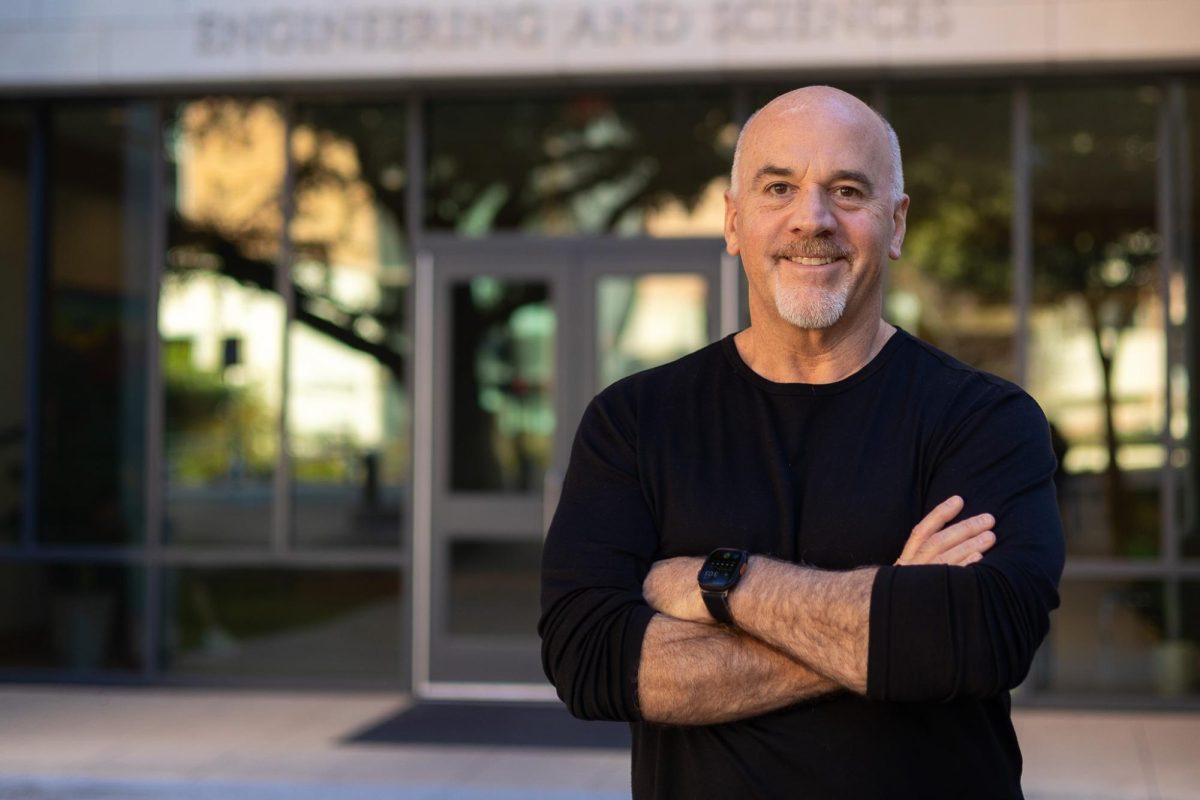HOUSTON — Prosecutors have charged a Houston oncologist with spiking her lover and coworker's coffee with a sweet-tasting chemical used in antifreeze and medical research, causing serious health problems including renal failure.
Ana Maria Gonzalez-Angulo, a breast cancer oncologist at the University of Texas M.D.Anderson Cancer Center, was charged last week with aggravated assault against Dr. George Blumenschein, a specialist in lung and head and neck cancers at the institution. The two were in "a casual sexual relationship," according to a criminal complaint.
The complaint said Blumenschein, who joined M.D. Anderson in 2000, suffered a protracted loss of the use of his kidneys and is still being treated for it. M.D. Anderson officials would not say whether he is back at work.
Gonzalez-Angulo's lawyer, Derek Hollingsworth, told the Houston Chronicle that she is "completely innocent."
"She is a distinguished citizen and scientist, and these allegations are totally inconsistent with her personal and professional life," Hollingsworth said in a statement.
Gonzalez-Angulo, who joined M.D. Anderson in 2003, is free on $50,000 bail.
M.D. Anderson officials said Gonzalez-Angulo is on paid administrative leave, but they declined to comment further.
Authorities allege that Blumenschein was poisoned on Jan. 27 when he was at Gonzalez-Angulo's home.
According to the charges, when Blumenschein complained that his coffee tasted sweet, she told him she'd added Splenda and told him to finish it, after which she made him another cup. Blumenschein said both tasted sweet.
Within four hours, he began experiencing slurred speech, poor balance and a loss of fine motor skills. He was taken to an emergency center, where he was found to have central nervous system depression, cardiopulmonary complications and renal failure. He later had to undergo dialysis.
A 24-hour urine test found crystals consistent with ethylene glycol poisoning, according to the complaint. It also said a county toxicologist concurred with the assessment.
A toxicology report by a third expert indicated Blumenschein's acute severe metabolic acidosis "more likely than not" was due to ethylene glycol poisoning.
Ethylene glycol, a solvent and starting material for the synthesis of more complex molecules, is present in all M.D. Anderson laboratories, a cancer center research administrator said in the complaint. As a result, Gonzalez-Angulo had access to the substance, according to investigators.




















